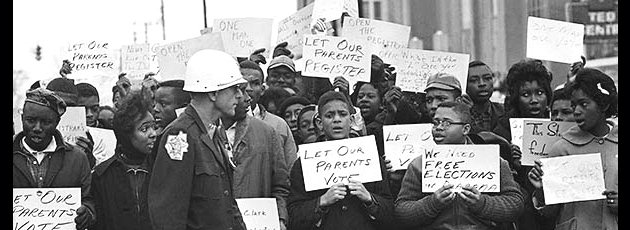- Home
- News & Blogs
- About Us
- What We Do
- Our Communities
- Info Centre
- Press
- Contact
- Archive 2019
- 2015 Elections: 11 new BME MP’s make history
- 70th Anniversary of the Partition of India
- Black Church Manifesto Questionnaire
- Brett Bailey: Exhibit B
- Briefing Paper: Ethnic Minorities in Politics and Public Life
- Civil Rights Leader Ratna Lachman dies
- ELLE Magazine: Young, Gifted, and Black
- External Jobs
- FeaturedVideo
- FeaturedVideo
- FeaturedVideo
- Gary Younge Book Sale
- George Osborne's budget increases racial disadvantage
- Goldsmiths Students' Union External Trustee
- International Commissioners condemn the appalling murder of Tyre Nichols
- Iqbal Wahhab OBE empowers Togo prisoners
- Job Vacancy: Head of Campaigns and Communications
- Media and Public Relations Officer for Jean Lambert MEP (full-time)
- Number 10 statement - race disparity unit
- Pathway to Success 2022
- Please donate £10 or more
- Rashan Charles had no Illegal Drugs
- Serena Williams: Black women should demand equal pay
- Thank you for your donation
- The Colour of Power 2021
- The Power of Poetry
- The UK election voter registration countdown begins now
- Volunteering roles at Community Alliance Lewisham (CAL)
Voting rights at risk in America
The United States is in the midst of a Presidential election campaign. With many issues at stake up in the campaign, this is an opportunity for Americans to have their voice heard by registering their choice of candidate. However, developments in the past two years may have done much to prevent voters, many of them from BME groups, from using their fundamental right to vote, restricting the democratic process.
In the past two years, 12 states have passed various forms of legislation under the guise of reducing voter fraud that have resulted in restricted access to the ballot in those states.
A further 10 states have similar bills going through their legislatures. Legislation includes forcing potential voters to provide varied forms of government-issued identification, abolishing early voting and limiting the use of voter registration drives. While voter fraud could be a legitimate reason for having the ID requirement to vote, the other forms of legislation being passed strongly point to making it harder to vote, throwing the allegedly altruistic aims of those who are proposing voter ID into doubt.
Such doubts are confirmed when one considers the highly partisan nature of such voting 'reform'. Of the 22 states that have either proposed or passed reform laws, 14 have legislatures that are completely controlled by the Republican Party. 14 of the 22 also have Republican Governors, who have endorsed or signed such bills into law. Further doubts are also thrown up on claims to tackle voter fraud in the United States when one considers how rare such fraud is. Between 2000 and 2007, only one vote in every 40,000 was cast fraudulently, in many instances due to voter error rather than any malicious attempt to corrupt the result.
So if voter fraud in the US is so rare, why take such measures? It could be because of the types of voters who are most likely to be affected by any rule changes. At the 2008 Presidential election, 30% of those who cast their ballots did so using early voting. Of those who voted early a majority voted for Barack Obama. Those who used early voting, didn't have official ID or took advantage of the ability in some states to register on the day you vote - another target for reform - tend to come from particular demographics such as BME groups and senior citizens.
These demographics and others such as Students and Military Veterans have been targets for changes to ballot access in these states. Such demographics are more likely to vote Democrat than Republican, so instead of trying to compete harder for their votes, the Republican Party, under the influence of the Tea Party Movement, acts to prevent them from accessing the vote by consistently moving the goalposts over which forms of identification are valid to vote with and which are not.
This is part of an increasingly worrying trend where these states have passed such measures to restrict ballot access, attempted to redraw congressional boundaries to reduce the effect of BME voters or challenged the Federal Government over Section 5 of the Voting Rights Act 1965, which gives Washington the power of veto over voting reform measures in particular states that have a history of Jim Crow disenfranchisement.
It seems that instead of fairly competing for the vote by explaining how party policy would appeal to particular demographics, Republican politicians have taken advantage of the power they have at state level to attempt to rig the system, disenfranchising key groups and risking the integrity of election results in the process.
It is perhaps an indictment of how much the Republican Party has failed to win the support of groups such as BME voters that it will seek to undermine the democratic process in order to win, rather than fairly using engagement.
It remains to be seen how much of an effect this will all have on this November's election, but this is something that people should be getting worried about.
Robert Austin
